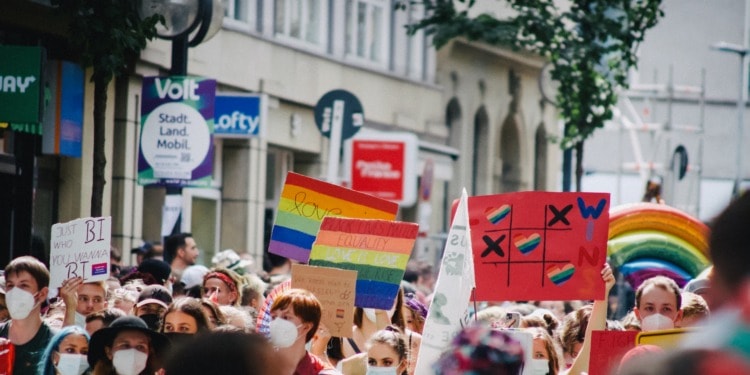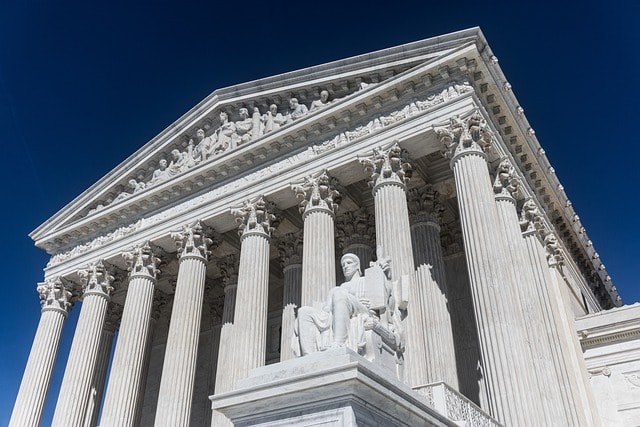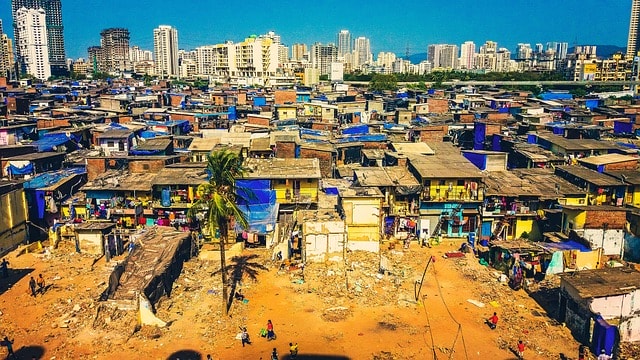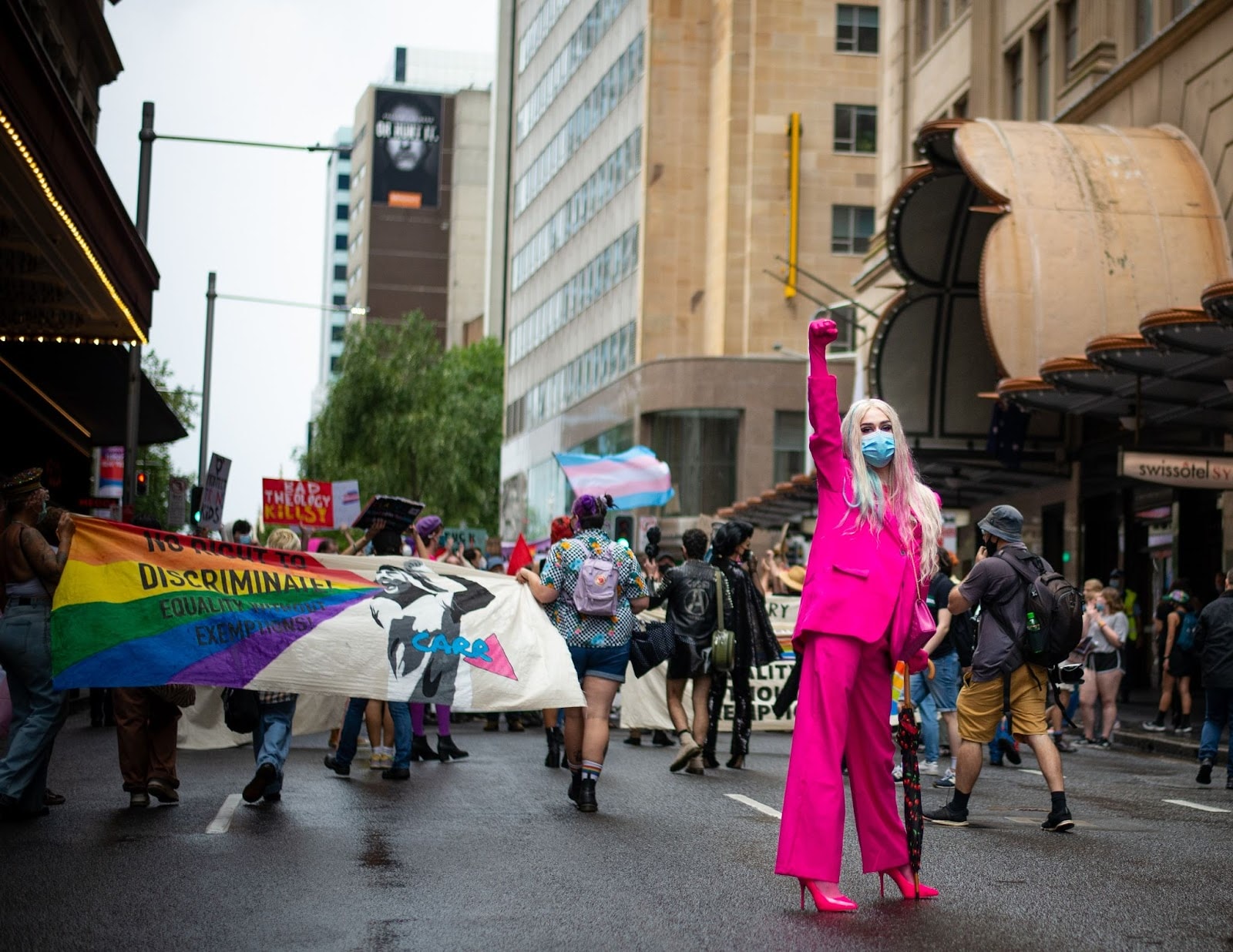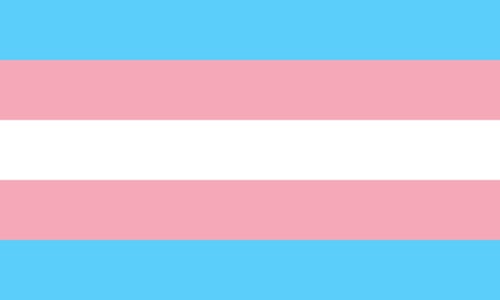It is fair to say the LGBTQIA community has witnessed some truly significant strides. Across the world, the community has secured the legalization of same-sex marriage and the recognition of transgender and gender-nonconforming identities. Yet, the struggle for equality is not a one-and-done or a one-size-fits-all process. The challenges faced by LGBTQIA individuals differ immensely depending on where they are. Additionally, as a troubling anti-LGBTQIA trend spreads globally, even hard-fought gains have not gone unchallenged in places deemed as havens.
The rise of far-right ideologies in democratic countries has recently fueled a growing backlash against LGBTQIA rights. In countries like the US, issues surrounding the community have become a contentious battleground. As of March 2023, lawmakers have put forth over 650 anti-LGBTQIA bills. More often than not, attacks on the community are exploited as a powerful electoral and ideological tool.
Meanwhile, the situation is even more dire in authoritarian regimes and dictatorships. In some parts of Africa, an ultra-conservative religious wave has led to outlawing homosexuality in 32 countries. Recently, Uganda’s President Yoweri Museveni made headlines after signing one of the world’s strictest anti-LGBTQIA laws. In the Middle East, Saudi Arabia and Iran both impose the death penalty as a punishment for homosexuality.
Related Articles: Anti-LGBTQ Violence in 2022: The Deadliest Year in A Decade | LGBTQ+ Rights In Europe: An Uphill Fight | Privilege, Power, and Pride: Intersectionality within the LGBT Community | ‘Sin, Sodomy, and Darkness’: The Enlarged Scope of Russia’s New Anti-LGBTQ Law
The Rising Tide of Anti-LGBTQIA Legislation
The current state of affairs sees an overall escalation of hate speech toward the community and an ongoing shift in public discourse surrounding sexual orientation and gender identities. This troubling trend has led to various forms of legislation targeting LGBTQIA rights. From criminalization bills that outlaw same-sex relationships to discrimination statutes that perpetuate inequality, lesbian, gay, bisexual, transgender, queer, intersex, and asexual individuals face challenges in various corners of the world.
LGBTQIA and civil rights advocates have expressed profound concern over these laws. Moreover, the ambiguity surrounding the enforcement of these new policies only adds to the confusion among schools, community members, and advocates.
United States: Suppressing LGBTQIA Voices in Education
As the summer break commences for most US students, a disturbing shift in educational policies is causing alarm for queer and transgender students across six states. Starting July 1st, ten anti-LGBTQ laws have taken effect, all specifically targeting education. Notably, Florida’s restrictions have garnered attention as Governor Ron DeSantis prepares for the upcoming election. DeSantis’ laws have effectively prohibited discussions of gender and sexuality in classrooms. Most recently, his decision meant an AP Psychology curriculum was banned, despite the College Board’s and the American Psychological Association’s requirements for the subject.
Apart from Florida, US lawmakers have introduced several bills that target the LGBTQIA community. From limiting transgender students’ participation in sports to measures prohibiting transgender students from using bathrooms that align with their gender identity, the implications of these legislations are far-reaching and concerning.
LGBTQIA and civil rights advocates have expressed profound concern over these laws, noting their potential to make matters worse in terms of mental health, given that LGBTQIA students experience higher rates of depression and suicide. Moreover, the ambiguity surrounding the enforcement of these new policies only adds to the confusion among schools, community members, and advocates.
Read our full statement on AP Psychology and Florida: https://t.co/Y0NRrNCwBy pic.twitter.com/1Th1BhGTs8
— College Board (@CollegeBoard) August 3, 2023
Italy: Far-Right’s Assault on Lesbian Mothers’ Parental Rights
In Italy, right-wing leader Giorgia Meloni has provoked an alarming assault on LGBTQ parental rights. In January, state agencies in Milan were ordered to halt the registration of both parents for children born to same-sex couples. The situation worsened when a state prosecutor in northern Italy directed the cancellation and re-issuance of 33 birth certificates of lesbian couples’ children. Non-gestational mothers received heart-wrenching letters informing them of their retroactive removal from their children’s birth certificates. New certificates were then issued, listing only one of the children’s mothers.
The right to create a family is a fundamental human right. Yet, Italy’s actions continue to suppress and undermine the LGBTQ community despite it being a signatory to international human rights treaties. Human Rights Watch’s 2023 investigation exposed lesbian mothers’ main concerns and saw that parental rights often outweighed other hallmark LGBTQ rights issues, such as marriage equality.
Uganda: The Death Penalty for “Aggravated Homosexuality”
Uganda’s recent anti-LGBTQIA bill has sent shockwaves through the international community. President Yoweri Museveni imposed life imprisonment and even the death penalty in certain cases. The law introduces the ominous notion of “aggravated homosexuality,” a vaguely defined category that includes acts such as seducing someone through “misrepresentation” or “undue influence.” Additionally, it calls for a severe 20-year sentence for “promoting” homosexuality.
The broad and oppressive legislation marks an alarming escalation in the crackdown against the LGBTQIA community in Uganda. It compounds the already punitive stance on same-sex relationships, which has been subject to punishment under archaic British colonial statutes that persist to this day. Members of the queer community in Uganda have faced increased risks, including blackmail and mob attacks, as anti-homosexual sentiment intensified in the lead-up to the bill’s passage.
Human rights activists and international organizations have voiced their opposition to the law. The UN human rights commissioner, Volker Türk, has condemned it as “among the worst of its kind in the world.” Moreover, Türk expressed grave concerns about the law’s potential for systematic violations of the rights of LGBTQIA individuals. The United States and the United Kingdom have also expressed their strong opposition to the new law, warning of potential economic repercussions for the country.
It’s been over 60 days since President Museveni assented to Uganda’s Anti-Homosexuality Act of 2023. In solidarity with our community in the country, here's a recap 🧵 #RepealAHA23 pic.twitter.com/EfAUNuXgsr
— The Council for Global Equality (@Global_Equality) August 2, 2023
Lebanon: Hezbollah Leader’s Call for Anti-LGBTQIA Violence
Recent anti-LGBTQIA rhetoric from Hezbollah leader Hassan Nasrallah has triggered fear and anxiety in Lebanon’s LGBTQIA community. Nasrallah branded same-sex relations as a “sexual perversion” and the existence of gay individuals a “threat to society.” Previously, Nasrallah had explicitly incited violence against the LGBTQIA community, urging for their deaths and encouraging the use of derogatory terms to describe them. Such dangerous rhetoric poses heightened risks for an already vulnerable group in Lebanon. LGBTQIA individuals now reporting online harassment and death threats in the aftermath of his speech. The impact of such rhetoric has been profound, even prompting international dating app Grindr to issue an alert to its users in Lebanon, advising them to exercise extra caution both online and offline.
This is not the first time political figures in Lebanon have incited violence over LGBTQIA issues. Earlier in March, Nasrallah accused the United States of promoting a “culture of homosexuality” in educational institutions worldwide. He later condemned cartoons that encourage acceptance of LGBTQIA people and advocated for the death penalty. Additionally, in 2022 the country’s authorities banned gatherings of lesbian, gay, bisexual, transgender and intersex people.
Brazil: The Rise of Trans Lawmakers in a Conservative Congress
Brazil holds the highest official number of murders of transgender people worldwide. With a staggering 1,700 deaths reported in the past 14 years, the country remains a battleground for the LGBTQIA community. Yet, in a historic moment, two trans activists, Duda Salabert and Erika Hilton, secured seats in the Chamber of Deputies during the last elections.
This leap in LGBTQIA representation coincided with a conservative swing in the country’s parliament, and the reactionary right has unleashed a fierce response. Seizing on the divisive nature of trans rights, conservative politicians have proposed a number of anti-LGBTQIA bills. As of March 2023, they amounted to 69 initiatives aimed specifically at transgender individuals. These proposals include restricting participation in sports and erasing discussions of gender and sexuality in schools.
The effect of these bills is deeply troubling for the LGBTQIA community, as they reinforce transphobia and discrimination. Despite the landmark achievement of electing trans lawmakers for the first time in Brazilian history, these legislative challenges pose significant obstacles in the ongoing fight for LGBTQIA equality and acceptance.
Attitudes and laws regarding the LGBTQIA community continue to evolve worldwide but the struggle for equality remains far from over. Much work is still needed in order to eliminate anti-LGBTQIA sentiment around the globe. The fight against discrimination and bigotry is marked by waves of advancements and backlashes. Yet, history has shown that even in the face of adversity, the spirit of advocacy can bring about transformative change. With that, the global fight for equality remains steadfast, fueled by the determination of activists and allies worldwide.
Editor’s Note: The opinions expressed here by the authors are their own, not those of Impakter.com. — In the Featured Photo: People at an LGBTQIA protest. Featured Photo Credit: Unsplash


